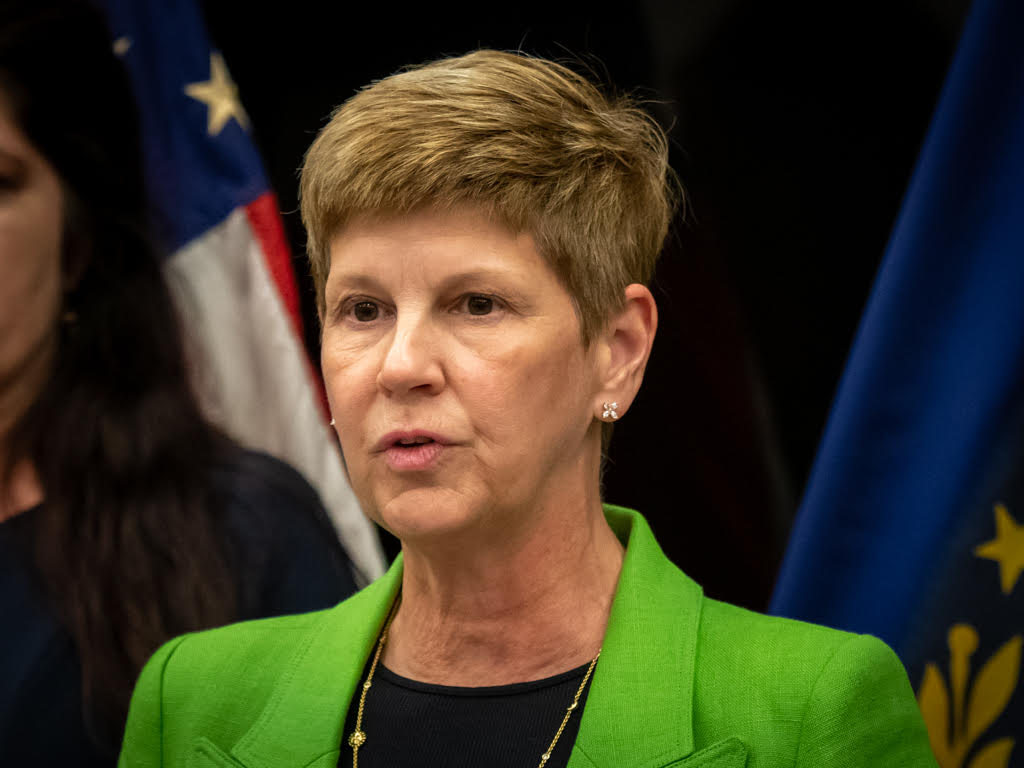CONCORD – A doctor practicing in the north country of New Hampshire was indicted in connection with his unlawful distribution of opioids and benzodiazepines, U.S. Attorney Jane E. Young announces.
Robert G. Soucy Jr., D.O., 70, of Columbia, New Hampshire, was indicted on 12 counts of distribution of controlled substances. Soucy made his initial appearance in federal court today.
According to court documents and statements made in court, Dr. Soucy allegedly distributed fentanyl, oxycodone, hydromorphone, methadone, lorazepam, and diazepam to individuals outside the usual course of professional practice, and without a legitimate medical purpose. He recently surrendered his Drug Enforcement Administration registration and also did not renew his medical license, and, therefore, is no longer permitted to prescribe controlled substances.
If convicted, Dr. Soucy faces a maximum penalty of 20 years in prison on each count.
The New England Prescription Opioid (NEPO) Strike Force led the investigation. The case is being prosecuted by Assistant U.S. Attorney Geoffrey W.R. Ward of the District of New Hampshire’s United States Attorney’s Office and Trial Attorney Patrick J. Queenan of the U.S. Department of Justice’s Fraud Section.
The NEPO Strike Force is a joint law enforcement effort that brings together the resources and expertise of the Health Care Fraud Unit in the Criminal Division’s Fraud Section, the U.S. Attorneys’ Offices for three federal districts, as well as law enforcement partners at the U.S. Department of Health and Human Services Office of the Inspector General (HHS-OIG), U.S. Drug Enforcement Administration (DEA), and the FBI. The mission of the NEPO Strike Force is to identify and investigate health care fraud schemes in the New England region, and to effectively and efficiently prosecute individuals involved in the illegal distribution of prescription opioids and other prescribed controlled substances. The NEPO Strike Force primarily targets criminal conduct by physicians, pharmacists, and other medical professionals, focusing upon both health care fraud and drug diversion offenses, as relevant based upon the facts of the particular case.
Medications obtained illicitly are very dangerous as they are often not what they appear, and frequently contain contaminants and extremely potent substances such as fentanyl that greatly increase the risk of overdose and death.
The details contained in the charging documents are allegations. The defendant is presumed innocent unless and until proven guilty beyond a reasonable doubt in a court of law.





